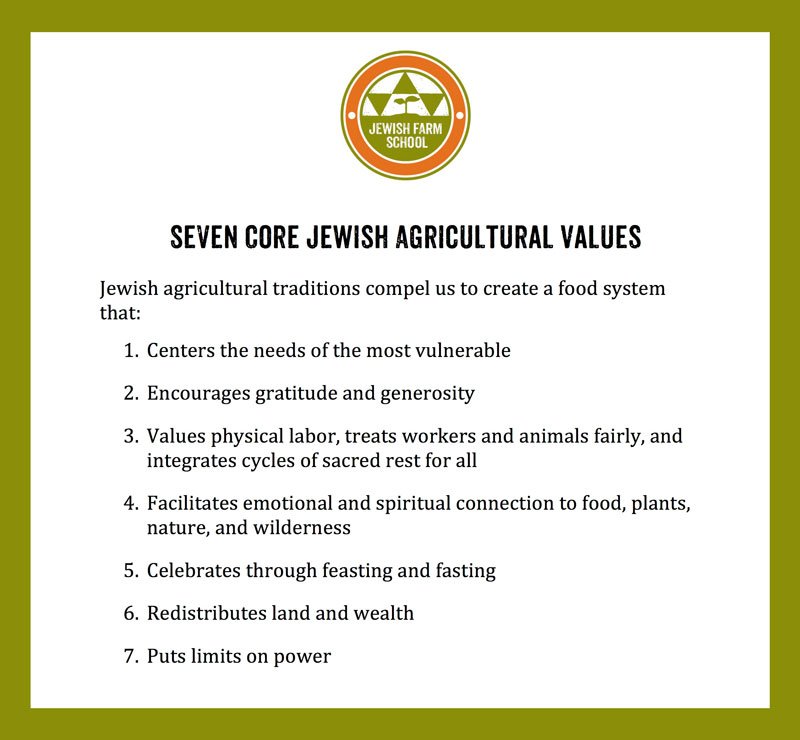Two years-that’s all it takes for Pharaoh to gain unprecedented control over the masses, including Joseph’s family who were forced to come down into Egypt in order to survive.
“You shall not oppress a stranger, for you know the feelings of the stranger, having yourselves been strangers in the land of Egypt.” (Ex. 23:10)









